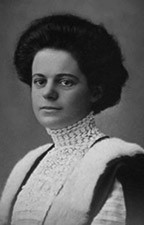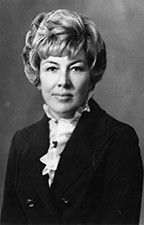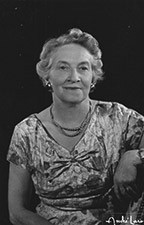Provincial elections are held by order of the lieutenant-governor in council and can occur at any point within a five year period. These elections are administered by the Office of the Chief Electoral Officer in conjunction with 49 returning officers appointed to oversee the process in their respective electoral districts.
There are approximately 1660 polling divisions in the province of New Brunswick.
Prior to 1784, the area which is now called the province of New Brunswick was known as Sunbury County, Nova Scotia. It did not exist as a separate province and held one seat in the Nova Scotia Assembly.



